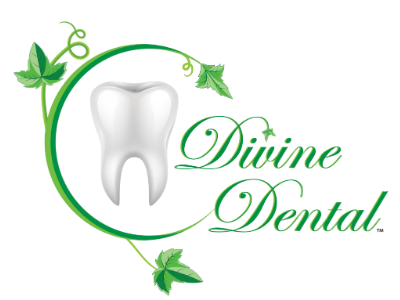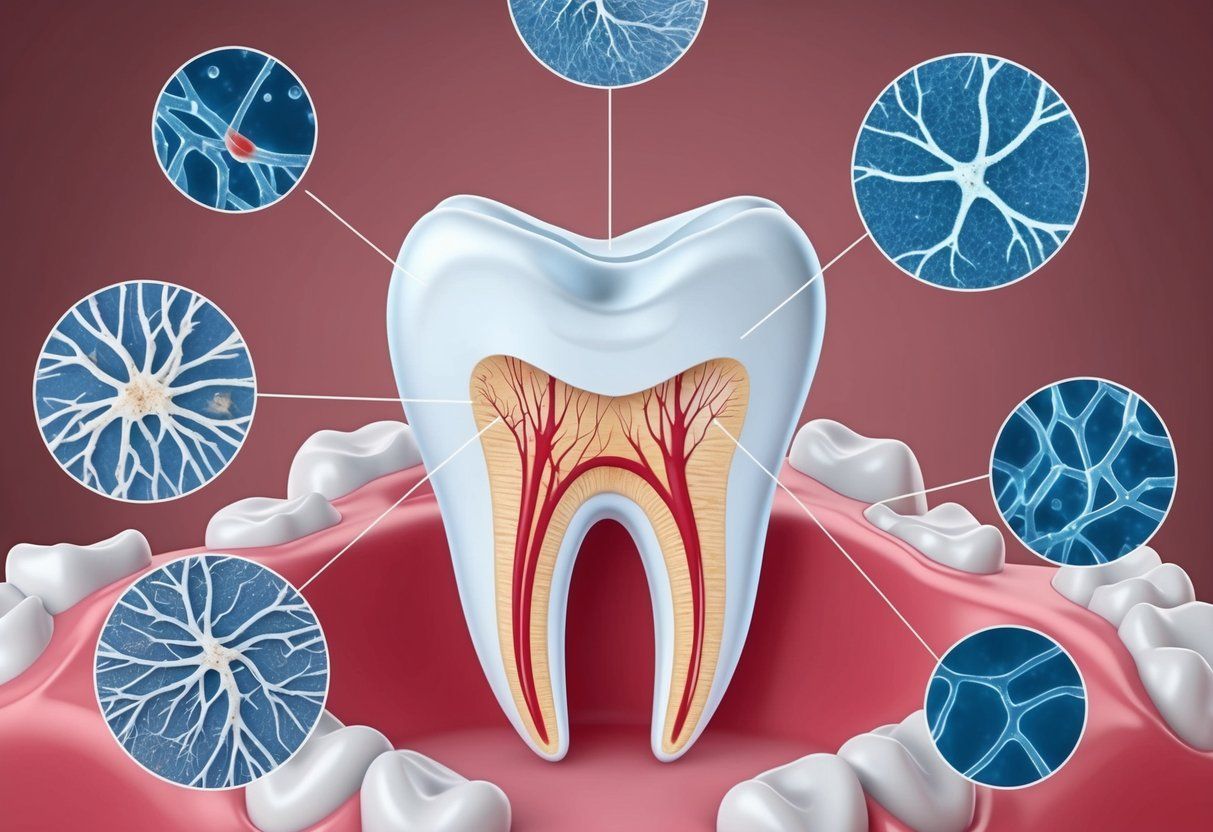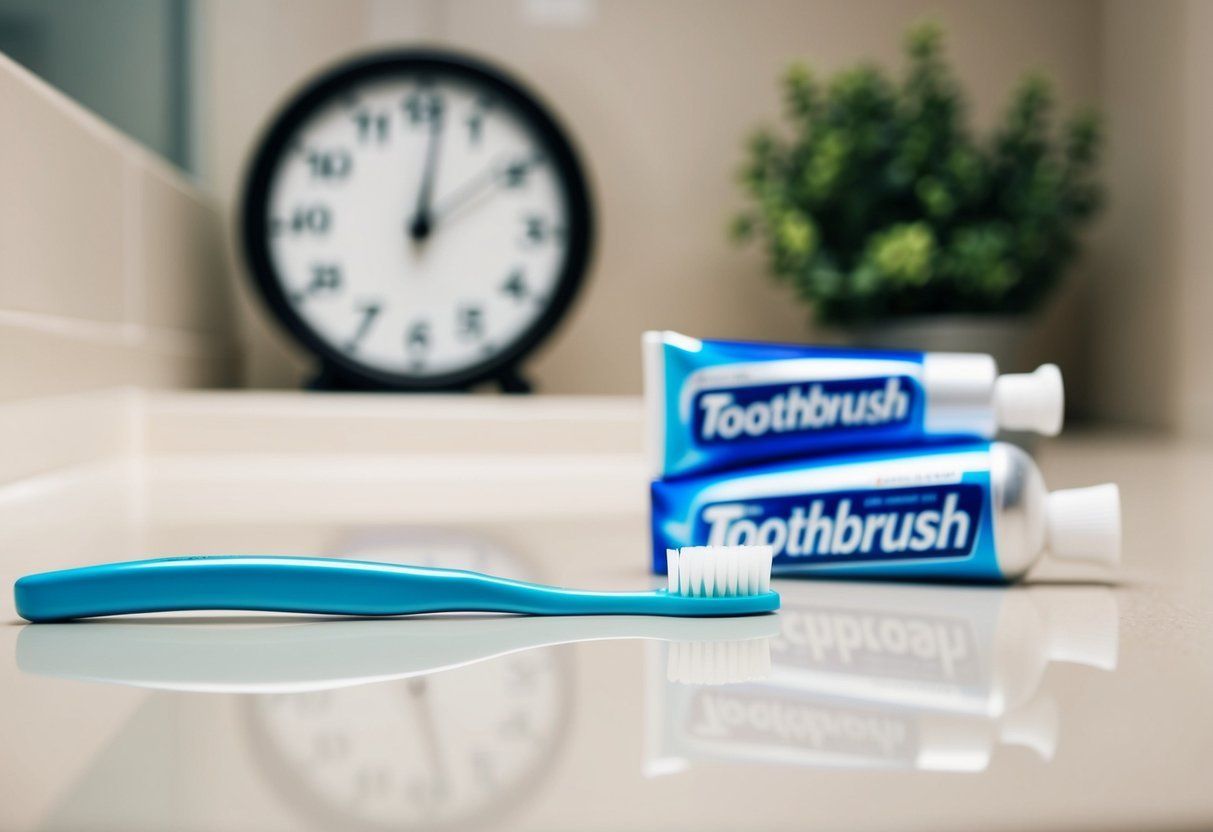When Is It Time to Consider Dental Veneers? Understanding Your Options for a Flawless Smile
When faced with dental issues like chips, stains, or gaps, many people wonder about the best way to improve their smiles.
It’s time to consider dental veneers when these problems affect confidence and daily life. This cosmetic procedure can serve as a solution, giving teeth a fresh, polished look and transforming an individual’s overall appearance.

Dental veneers are thin shells that cover the front of teeth. They can address various cosmetic concerns and provide a long-lasting enhancement.
Understanding when to choose veneers can help someone make an informed decision about their smile journey.
Key Takeaways
- Dental veneers can effectively improve the appearance of teeth.
- The veneer procedure is straightforward but requires careful planning.
- Cost and alternatives to veneers should be considered before making a choice.
Understanding Dental Veneers

Dental veneers are a popular cosmetic treatment to improve a smile. They can address issues such as discoloration, minor misalignments, and damaged teeth.
This section explores what veneers are, how they compare to other options, and their advantages and limitations.
Definition and Types
Dental veneers are thin shells that cover the front surface of teeth. They enhance appearance by changing tooth color, shape, and size. There are a few main types of veneers:
- Porcelain Veneers : Made from durable ceramic, they resist stains and mimic the look of natural teeth.
- Composite Veneers : Made from tooth-colored resin, these are less expensive but may not last as long as porcelain.
- No-Prep Veneers : These are ultra-thin and require little to no tooth reduction, providing a minimally invasive option.
- Lumineers : A brand of no-prep veneer, they are also thinner and can be placed without much preparation.
- Temporary Veneers : Used while permanent ones are made, they offer a temporary solution.
Choosing the right type depends on individual needs and dental condition.
Veneers vs Other Cosmetic Dentistry Options
Veneers are just one solution for cosmetic dental issues. Other options include:
- Teeth Whitening : Best for addressing stains but does not fix shape or alignment.
- Dental Bonding : Involves applying a resin to repair minor damages. It is less durable than veneers.
- Dental Crowns : These cover the entire tooth. They are suitable for severely damaged teeth but are more invasive.
- Dental Implants : These replace missing teeth, requiring surgical placement. They are not just for cosmetic issues.
Veneers offer a more comprehensive change to visible teeth, making them ideal for smile makeovers.
Advantages and Limitations
Veneers have several advantages. They can create a whiter and more uniform smile, improving self-confidence. Porcelain veneers are strong and stain-resistant, lasting many years with proper care. They can fix various cosmetic concerns in a short time.
However, there are also limitations. Veneers are not suitable for those with decay or gum disease. Some people may experience tooth sensitivity after placement. Additionally, they can be costly and may require replacement over time. One should consult a dentist to determine the best option for their cosmetic needs.
When to Consider Veneers
Veneers can be a good choice for those looking to enhance their smile. Several factors influence this decision, including cosmetic concerns, oral health, and personal suitability for the procedure.
Cosmetic Concerns and Veneers
Many people choose veneers to address chipped teeth , broken teeth , or tooth discoloration . These issues can affect confidence and how a person feels about their smile. Veneers offer a way to create a uniform and bright smile.
For those wanting a smile makeover , veneers can cover imperfections and transform the appearance of teeth. They come in various shades and shapes, allowing customization for each individual’s preferences.
Additionally, veneers can provide a solution for gaps between teeth, enhancing overall aesthetics. However, it is important for individuals to consider their long-term goals when seeking cosmetic enhancements.
Oral Health Considerations
Before getting veneers, it is crucial to evaluate oral health. Existing issues like tooth decay or gum disease must be addressed first. Healthy teeth and gums are essential for a successful veneer placement.
Teeth grinding , also known as bruxism , can impact the longevity of veneers. Those who frequently grind their teeth may need to consider treatments to manage this condition. Without proper management, veneers can chip or crack prematurely.
Furthermore, individuals with thin tooth enamel should be cautious. Enamel loss may complicate the adhesiveness of veneers and affect oral hygiene practices. It is advisable to consult a dentist to assess the condition of the teeth before proceeding.
Evaluating Your Candidacy
Not everyone is a good candidate for veneers. Ideal candidates should have healthy teeth and gums and realistic expectations. A thorough evaluation by a dentist can help determine eligibility.
People with severe dental issues, such as those who have had root canals or extensive decay, may need dental restoration before considering veneers. A dentist will assess if veneers can safely cover previous dental work.
Additionally, individuals should reflect on lifestyle factors. Those committed to maintaining oral hygiene and attending regular dental check-ups are better suited for the procedure. Proper care can ensure the longevity and appearance of veneers, helping to achieve the desired smile.
The Veneer Procedure
The veneer procedure involves several important steps to ensure that the patient gets the best results. These steps include an initial consultation, tooth preparation, and aftercare guidance.
Initial Consultation and Treatment Plan
During the first visit, the cosmetic dentist evaluates the patient’s teeth. They discuss what the patient hopes to achieve with veneers. This discussion is important for setting realistic goals.
The dentist takes X-rays or impressions to create a detailed treatment plan. This plan outlines the number of veneers needed and how they will fit with the patient’s smile.
The dentist may also explain the types of veneers available, such as porcelain or composite. This helps the patient make an informed choice.
Tooth Preparation and Veneer Application
To prepare for veneers, the dentist must slightly remove some enamel from the front of each tooth being treated. This is a crucial step because it creates space for the veneer to fit naturally. The amount of enamel removed is minimal but ensures a better bond.
Next, the dentist applies dental cement to attach the veneer. The veneer is carefully placed on the tooth and checked for fit and appearance.
Once satisfied, the dentist shines a special light on the veneer to harden the cement. This process ensures that the veneer stays in place effectively.
Aftercare and Maintenance
After getting veneers, patients should focus on proper dental care. Oral hygiene is essential for preserving the appearance and function of the veneers. Regular brushing and flossing help prevent decay and gum disease.
Patients are advised to avoid hard or sticky foods that could damage the veneers. Regular check-ups with the dentist are important to monitor the condition of the veneers.
The dentist may recommend using a night guard if the patient grinds their teeth. This helps protect the integrity of the veneers over time.
Cost and Insurance Considerations

Understanding the cost of dental veneers is essential for anyone considering this treatment. Additionally, knowing how dental insurance works and the different payment options available can help in making informed decisions.
Understanding the Cost of Veneers
The cost of veneers can vary widely depending on material and location.
Porcelain veneers typically range from $925 to $2,500 per tooth. In contrast, composite resin veneers are less expensive, costing about $400 to $1,500 each.
Many factors affect the cost. The dentist’s expertise, the complexity of the case, and your location can all play a role. For example, urban areas may have higher prices due to demand.
It’s also important to consider dental tourism . Some people travel to other countries for cheaper options. While this can save money, it’s crucial to ensure that the dentist is qualified and the materials are safe.
Dental Insurance and Payment Options
Dental insurance usually does not cover veneers, as they are often seen as cosmetic. Patients should check their specific policy. In some cases, if veneers are deemed medically necessary, partial coverage may apply.
For those without insurance, payment options can alleviate costs. Many dental offices offer financing plans that allow payments over time. Some clinics may accept Health Savings Accounts (HSA) for treatment.
Patients may also inquire about credit options specific to dental work, which can help spread out costs. Being informed about all available options can make the process easier and more manageable.
Alternatives to Veneers
There are several options to improve the appearance of teeth without using veneers. Each has its benefits and drawbacks.
Teeth Whitening
Teeth whitening is a popular choice for brightening smiles. It can remove stains and improve the color of natural teeth. Various methods include in-office treatments or at-home kits.
Dental Crowns
Dental crowns cover and protect damaged teeth. They can restore shape and function while improving appearance. Crowns are often used for severely damaged or decayed teeth.
Snap-On Veneers
Snap-on veneers are a removable option. They fit over existing teeth and provide an instant smile enhancement. This choice is less permanent than traditional veneers and can be a quick fix for special occasions.
Bonding
Dental bonding uses a tooth-colored resin to fix small imperfections. It can fill gaps, cover stains, or change tooth shape. The procedure is quick and often completed in one visit.
Orthodontics
Braces or clear aligners can correct misaligned teeth. While this option takes longer, it improves overall dental health and function, not just appearance.
Patients should discuss these alternatives with a dentist to determine the best fit for their needs.
Making Your Decision
Deciding to get dental veneers is an important choice. Many factors should be weighed before making this cosmetic procedure.
First, consider the reasons for wanting veneers. Are they primarily for smile enhancement ? If a person feels insecure about their teeth, veneers can boost confidence.
Next, think about the cost. Are veneers worth it? While veneers can be pricey, they often provide lasting results. It’s helpful to compare the cost with the long-term benefits of a brighter smile.
Consulting with a dentist is crucial. A professional can assess whether veneers are suitable for a person’s dental health and specific needs. They might discuss options and alternatives.
Here are some key questions to consider:
- What are the person’s goals for their smile?
- Are they prepared for the maintenance required after getting veneers?
- Do they have realistic expectations about the outcome?
Understanding these factors can aid in making an informed decision. The choice to get veneers should take into account personal desires and professional advice. Each individual’s journey to a perfect smile is unique.
Frequently Asked Questions
Many people have questions about dental veneers. This section addresses common concerns, including their longevity, cost factors, suitability by age, material differences, eligibility, and reasons someone might not qualify for veneers.
How long can one expect dental veneers to last?
Dental veneers typically last between 10 to 15 years. With proper care, such as good oral hygiene and regular dental visits, they can last even longer. Wear and tear might affect them, especially if a person grinds their teeth.
What factors affect the cost of dental veneers?
The cost of dental veneers can vary based on several factors. These include the type of material used, the skill of the dentist, the location of the dental practice, and the number of veneers being placed.
Insurance may cover some costs, but this varies by plan.
Are there age restrictions for getting dental veneers?
There are no strict age restrictions for dental veneers. However, younger individuals should have fully developed teeth before getting veneers.
Dentists often recommend waiting until the late teens or early twenties for this reason.
What are the differences between porcelain and composite veneers?
Porcelain veneers are more durable and stain-resistant than composite veneers. They also provide a more natural appearance.
Composite veneers are usually less expensive but may not last as long and can stain more easily.
What prerequisites must one’s teeth meet for veneer eligibility?
Teeth must be in good health to qualify for veneers. This includes having no untreated cavities or gum disease.
A dentist will assess the teeth and recommend any necessary treatments before proceeding with veneers.
How does one determine if they are not a suitable candidate for veneers?
Some reasons a person may not qualify for veneers include severe tooth decay, extensive gum disease, or a habit of grinding teeth.
A dentist will evaluate the overall dental health and individual circumstances to determine suitability.…




